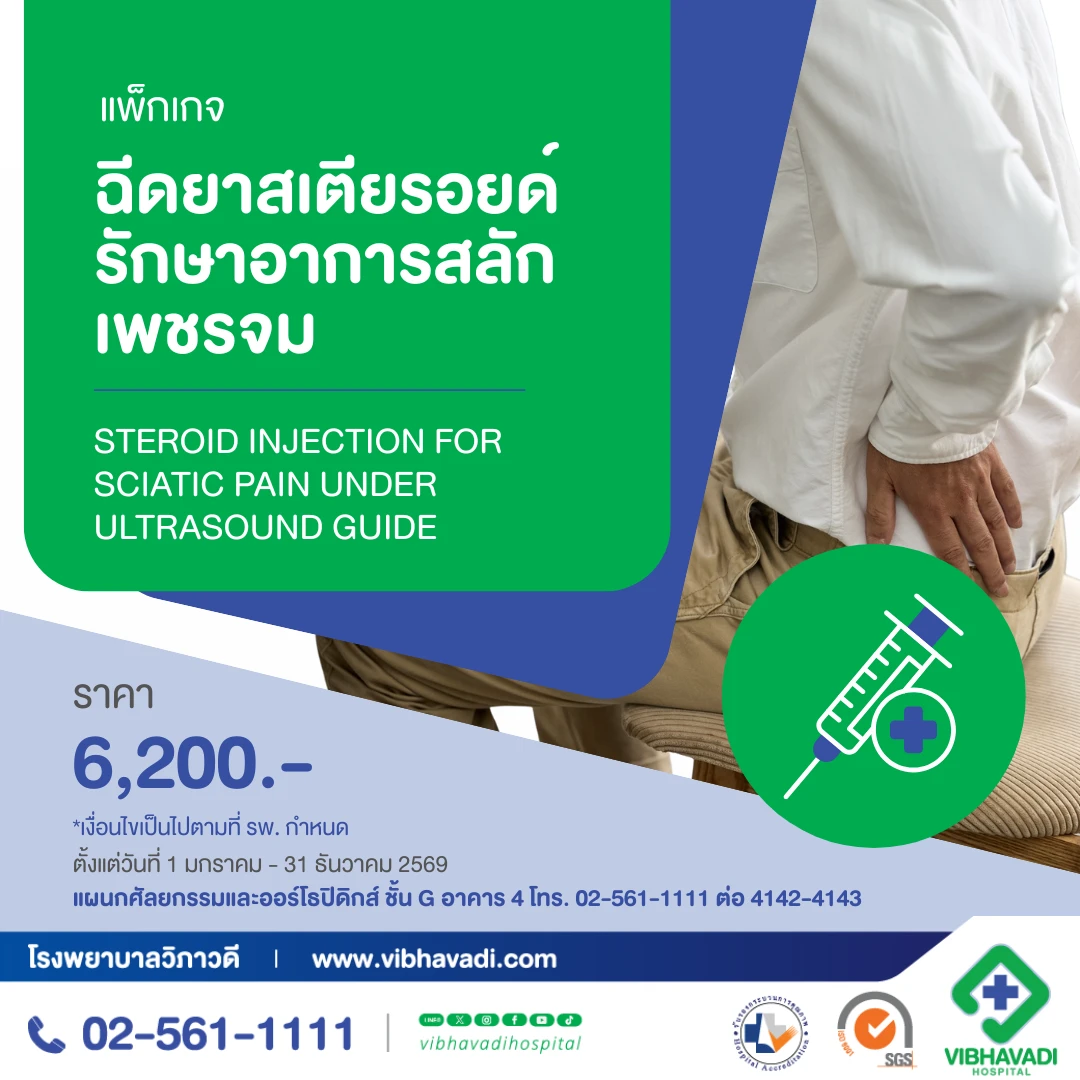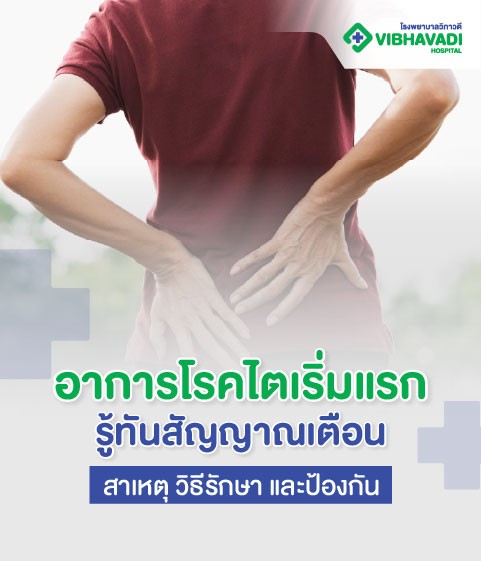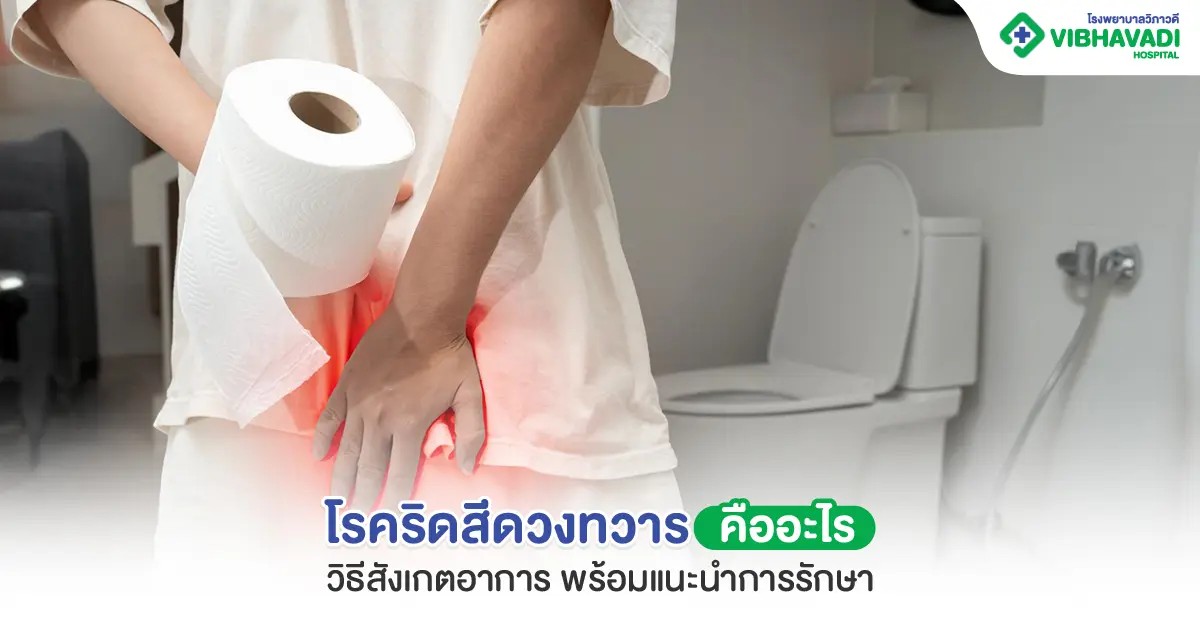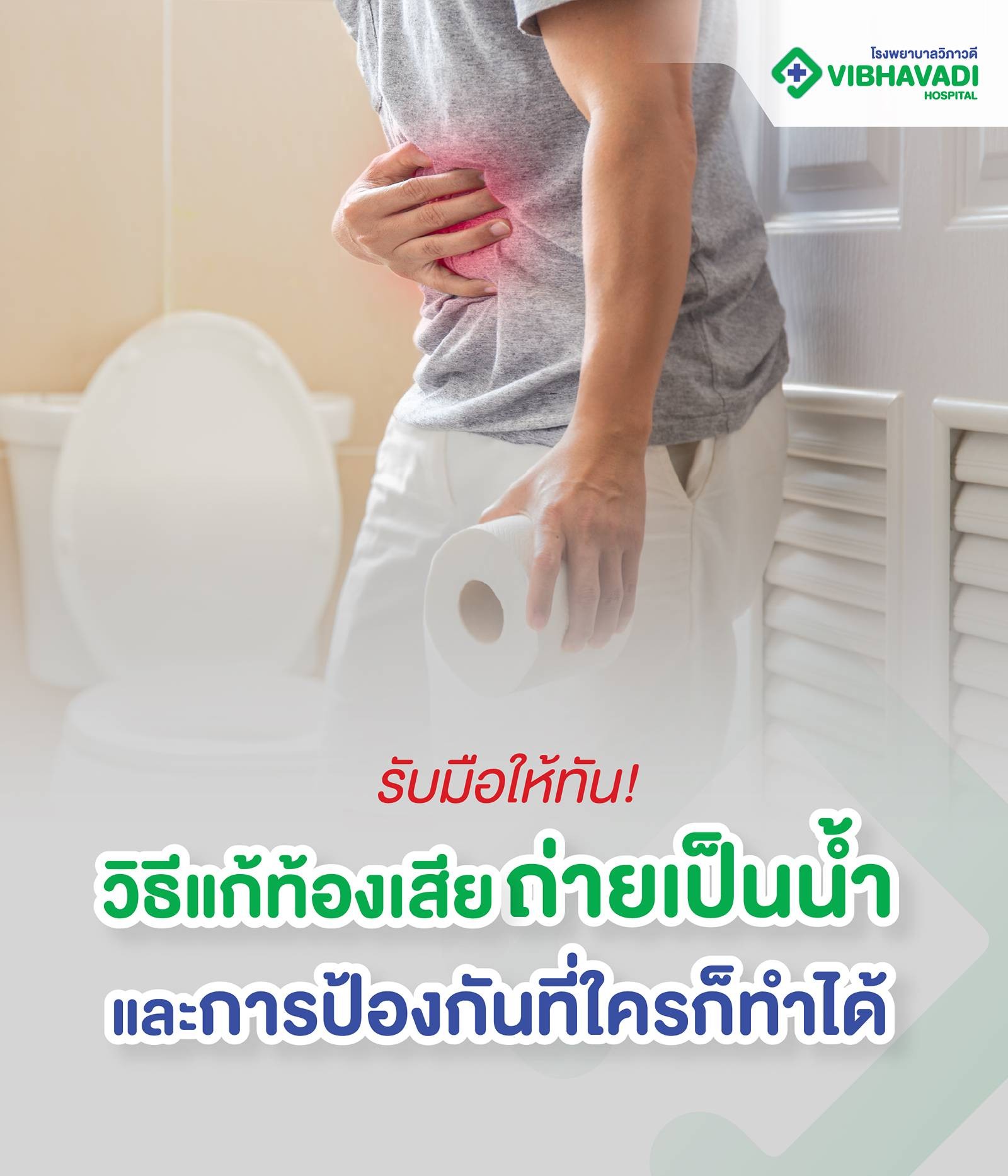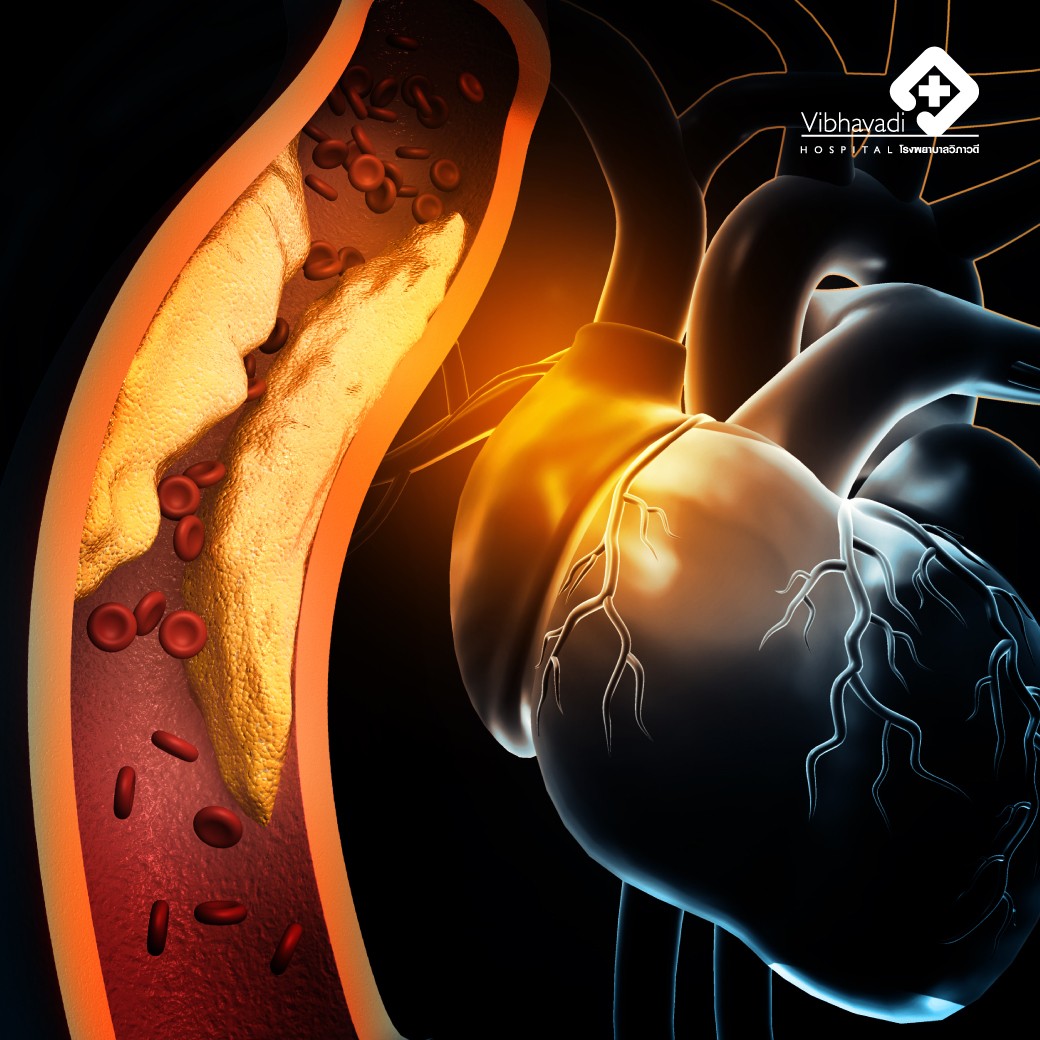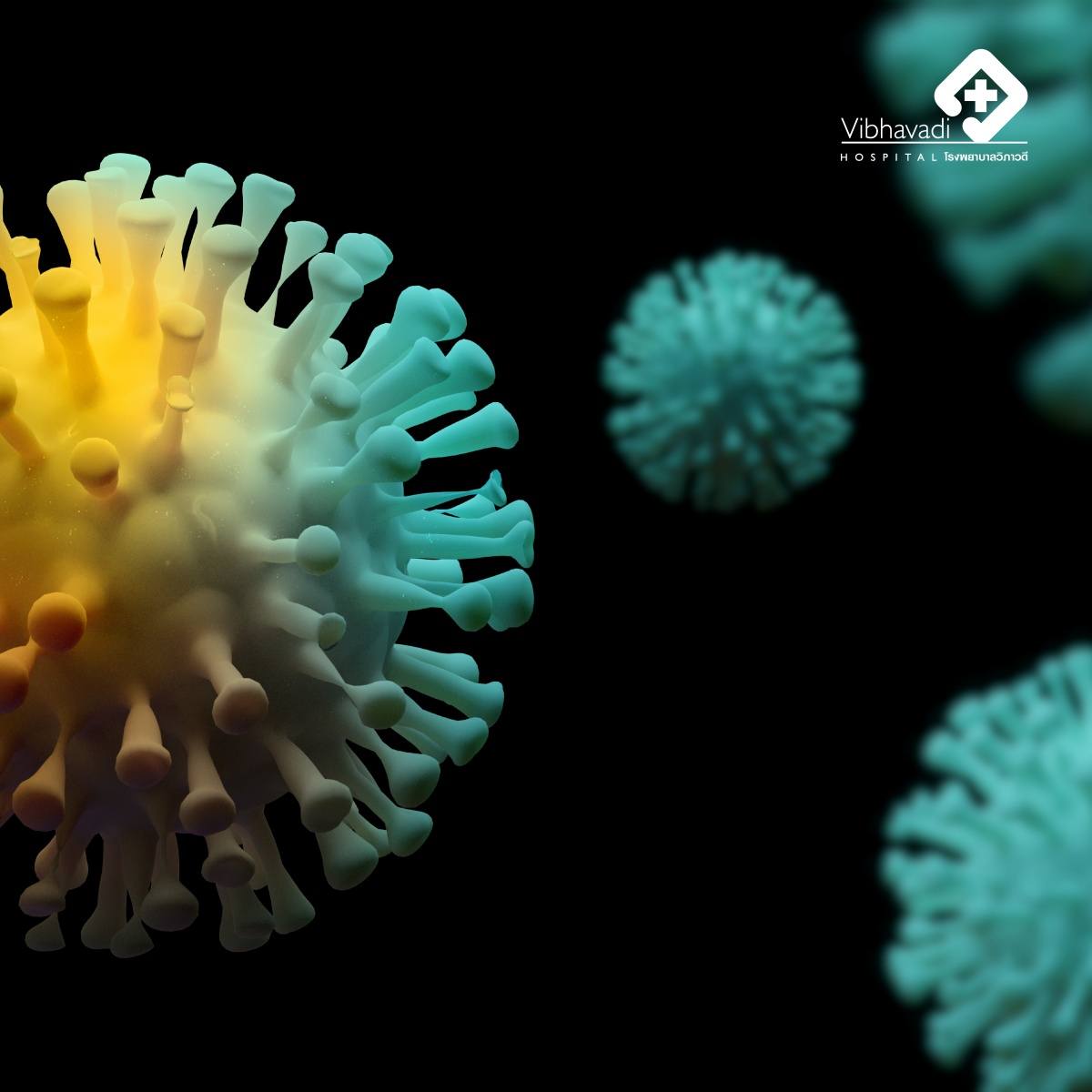Piriformis Syndrome
Explore risk factors, treatment options, and the crucial role of ultrasound-guided injections.
Piriformis Syndrome is a neuromuscular condition where the piriformis muscle, located deep in the buttock, compresses or irritates the sciatic nerve. This leads to pain in the buttock (gluteal region) that may radiate down the leg—often mimicking sciatica. In Thai, it is sometimes referred to as “salak petch jom” (สลักเพชรจม).
Common Symptoms of Piriformis Syndrome
Deep, aching pain in the buttock
Pain radiating down the back of the thigh or leg
Numbness or tingling in the leg
Pain aggravated by sitting, climbing stairs, or prolonged walking
Relief when lying down or changing posture
Risk Factors
Several factors can increase the risk of developing Piriformis Syndrome:
Prolonged sitting (e.g., office work or driving)
Overuse or strain from running, cycling, or lifting
Muscle imbalance or pelvic misalignment
Previous trauma to the hip or buttock
Anatomic variations of the sciatic nerve and piriformis muscle
Diagnosis and Treatment Options
Diagnosis is often made based on physical examination and symptoms. Imaging may be used to rule out other causes of sciatica. Treatments include:
Stretching and physical therapy focused on the piriformis and hip muscles
Anti-inflammatory medications
Dry needling or trigger point injections
Botulinum toxin (Botox) or corticosteroid injections
Surgery (rare, for resistant cases)
Why Ultrasound-Guided Injection Matters
When it comes to injecting medication (e.g., corticosteroids or botulinum toxin) into the piriformis muscle, ultrasound guidance is essential for:
Precision targeting of the deep muscle
Avoiding nerve or vascular injury
Increased effectiveness of treatment
Less pain and improved safety
Due to the depth and location of the piriformis muscle, blind injections may miss the target or lead to complications. Ultrasound-guided injections ensure accuracy and reduce risk, making it the gold standard in interventional pain treatment.
✅ Key Takeaway
Piriformis Syndrome can significantly affect mobility and quality of life, but early diagnosis and proper treatment—especially with ultrasound-guided injections—can offer relief and restore daily function.

